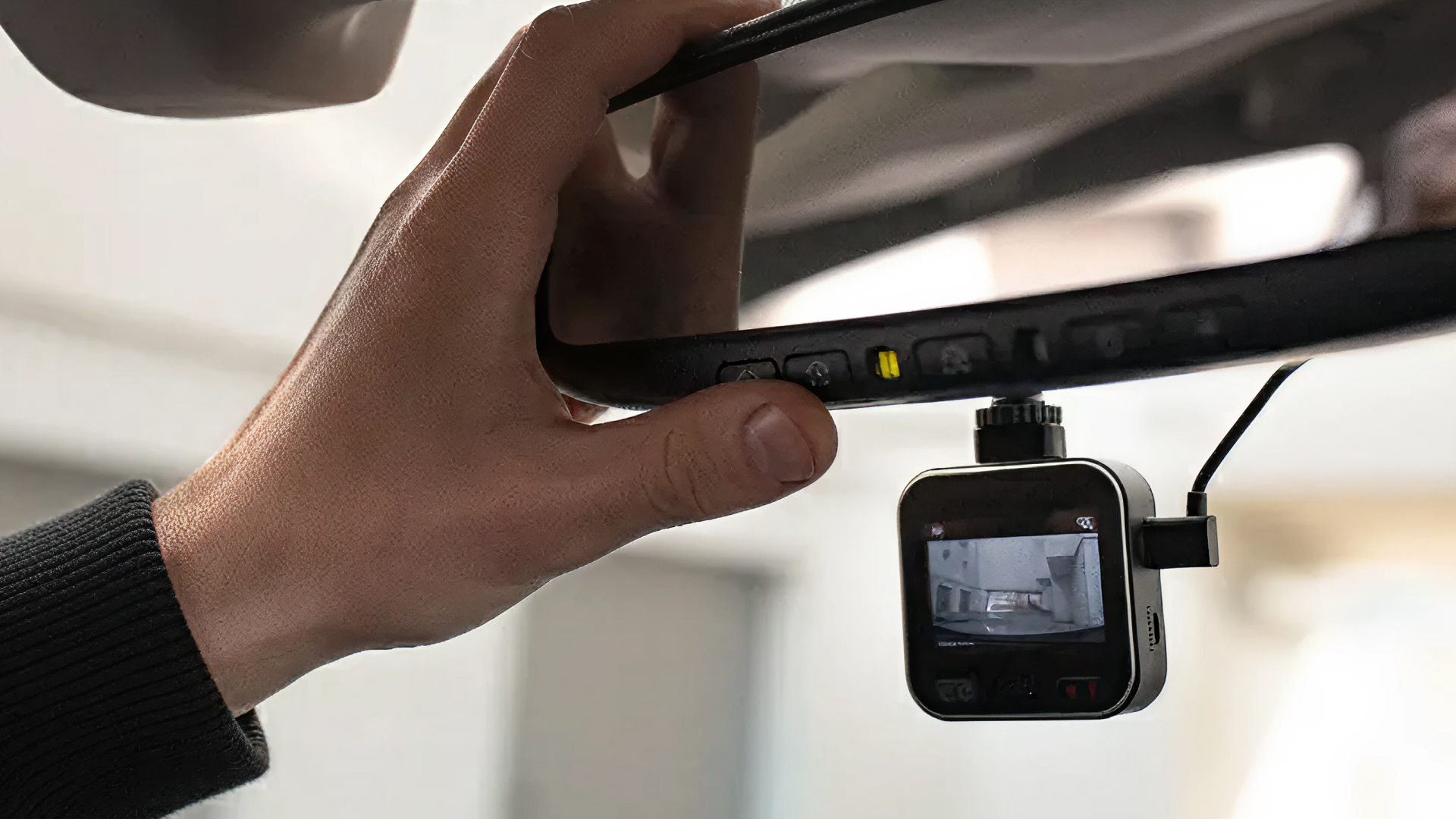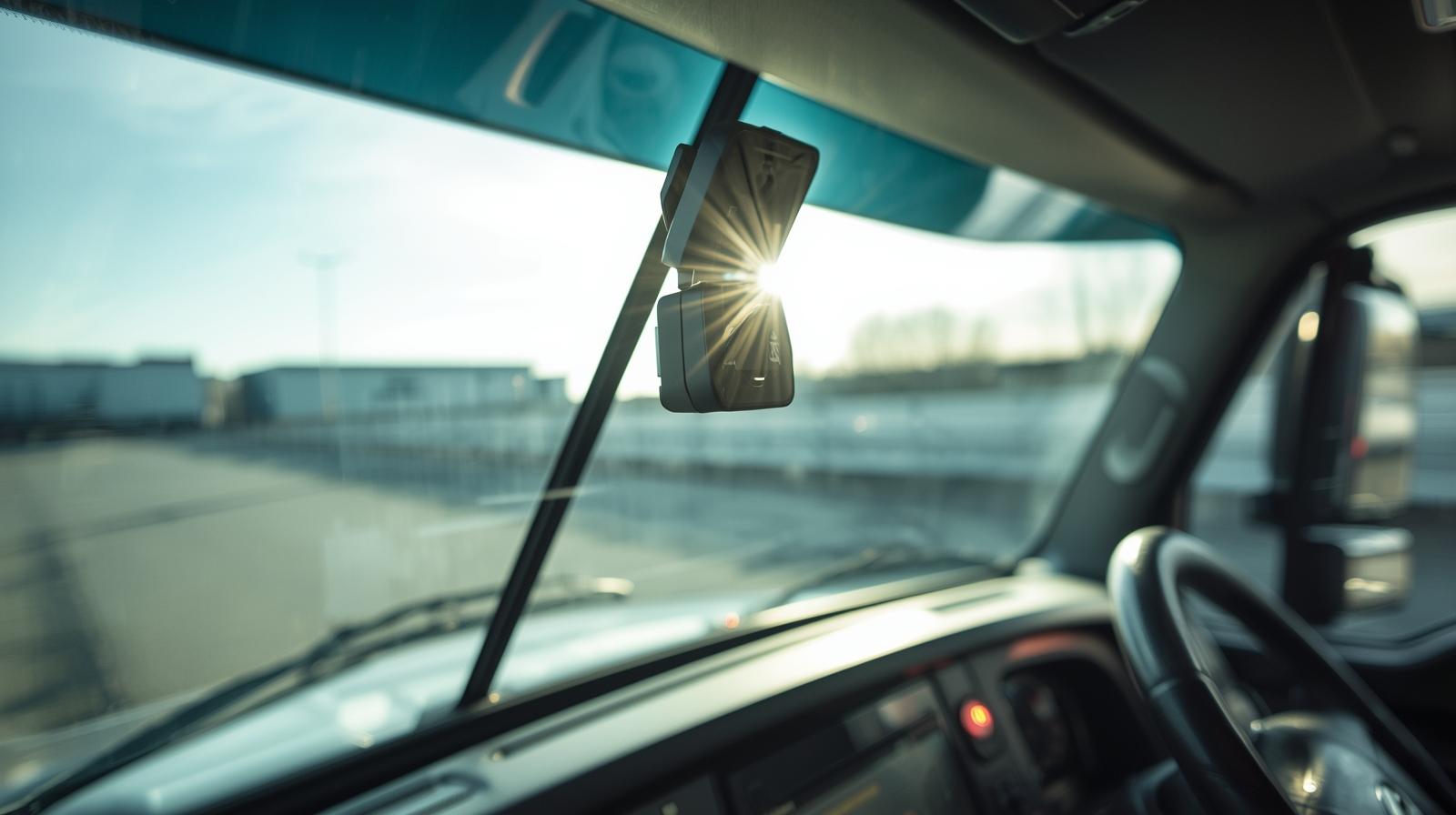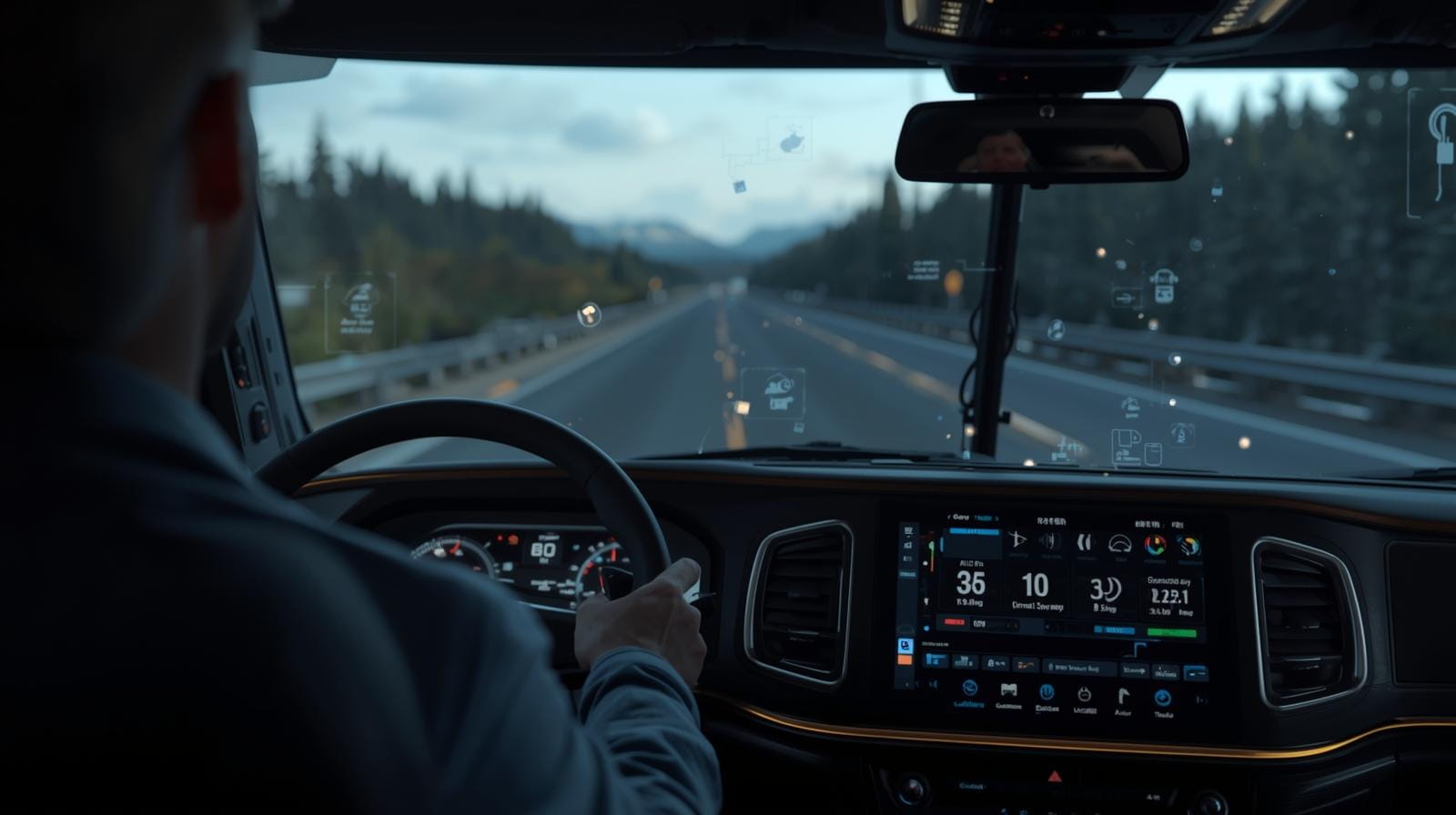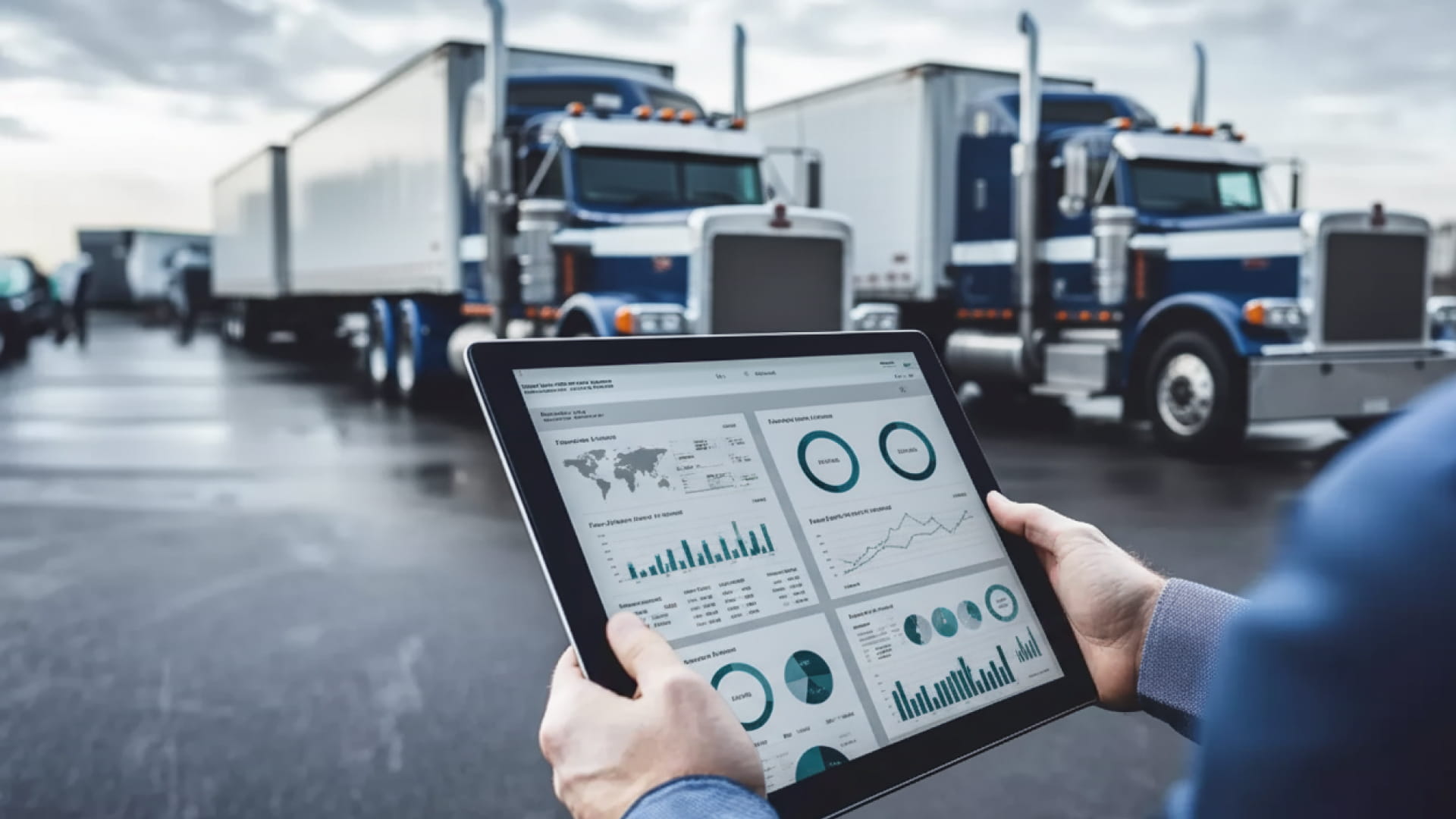In the world of trucking, there are many terms and practices that help streamline the transportation of goods. One of the most crucial terms you may encounter is power only trucking. If you’re new to the industry or simply looking to understand this key concept, you’re in the right place.
Power only in trucking is a specific form of freight transportation that involves the use of a truck’s engine (also called the “power unit”) to pull a trailer. In this article, we will break down what power only mean in trucking, what constitutes a power-only load in trucking, discuss the typical power-only trucking rates, and explore power-only trucking companies that specialize in this type of transportation.
Whether you’re an owner-operator or a fleet manager, understanding power-only trucking is crucial for optimizing your operations. By the end of this article, you’ll have a solid understanding of what power-only trucking entails and how it can benefit your business.
What is Power Only in Trucking?
To put it simply, power only in trucking refers to the use of a truck’s engine (or “power unit”) to pull a trailer that is typically provided by another company. The term “power-only” highlights the fact that the truck driver is responsible for the propulsion, but not necessarily the trailer or its contents.
This is an essential concept in the trucking industry, especially for owner-operators and freight companies that need to move goods without always having to invest in their own trailers. Instead, they rely on a power unit—the truck itself—and work with companies or businesses that supply the trailers for the journey.
Power Only Trucking Meaning
The power-only trucking meaning is relatively straightforward: it simply refers to the truck’s role in the transportation process, focusing on the engine’s ability to move goods but without the responsibility of providing the trailer. This setup is beneficial for businesses that may not have the resources or need to maintain a fleet of trailers but still need to move freight across the country.
In power-only trucking, the trucker is generally contracted to pick up a trailer from a shipping company or warehouse and deliver it to its destination. This system offers flexibility for both the trucker and the businesses they serve. Power-only trucking allows businesses to avoid the costs of maintaining their own trailers and offers truckers the chance to focus on just driving.
How Does Power Only Trucking Work?
In a power-only trucking arrangement, the truck driver or the trucking company agrees to use their own power unit to pull a trailer provided by another business. The owner of the trailer may either be the shipper, the receiver, or a third-party logistics provider. The trucker may either be contracted on a per-load basis or for longer-term projects, depending on the specifics of the arrangement.
A power-only trucking unit can be seen as a flexible solution to freight transportation because it doesn’t require the trucking company to own its own trailers. For companies that don’t need their own fleet of trailers but still require regular deliveries, this setup offers substantial savings.
What are Power Only Loads in Trucking?
A power only load in trucking refers to the specific cargo being transported in a trailer that is being towed by a power unit. In a power-only setup, the truck driver doesn’t own the trailer, and the load refers to the goods or materials inside the trailer. It’s an important distinction to make since the responsibility for the load and the cargo remains with the shipper or the owner of the trailer.
How Does a Power Only Load Work?
When transporting a power-only load, the trucking company is responsible for driving the power unit, managing the route, and ensuring the safe transport of the trailer to its destination. However, the trucking company or driver does not handle the trailer’s contents directly. The shipper or the trailer owner is responsible for loading and unloading the trailer, although some arrangements may require the truck driver to assist.
For example, a retailer may need to ship products across the country. Instead of investing in a fleet of trailers, they work with a power-only trucking company that supplies the necessary power unit to transport the trailer filled with their products. This approach helps reduce costs for the business, while the truck driver is only responsible for moving the trailer from point A to point B.
Benefits of Power Only Loads
- Flexibility for Shippers: They can focus on sourcing trailers and managing cargo without worrying about acquiring power units.
- Lower Costs: By renting or contracting the use of a power unit, shippers and businesses can reduce overhead costs, as they don’t need to maintain fleets of trucks.
- Time Efficiency: Truckers can focus purely on driving and meeting delivery schedules rather than dealing with the logistics of managing trailers.
Power Only Trucking Rates
Like any service, power only trucking rates can vary widely based on several factors. These rates depend on the specifics of the job, such as distance, the type of cargo being transported, fuel costs, and even the experience of the driver.
How Are Power Only Trucking Rates Determined?
There are a few key elements that impact the cost of power-only trucking services:
- Distance: The length of the haul plays a major role in determining the rate. Longer trips typically incur higher fees due to fuel costs, time spent, and wear-and-tear on the power unit.
- Load Type: Certain types of loads may require special handling, permits, or equipment, such as temperature-sensitive cargo or oversized goods. These add to the total cost.
- Freight Volume: Power-only trucking companies may charge per load or by volume, depending on the specifics of the job.
- Market Demand: As with any service, power-only trucking rates fluctuate based on supply and demand. During times of higher freight demand, rates may go up.
It’s essential for businesses to negotiate rates that reflect both the distance and the complexity of the load. Many trucking companies offer customized pricing based on the individual needs of the shipper.
Average Power Only Trucking Rates
The rates for power-only trucking services typically range from $2 to $4 per mile. This varies depending on the region, time of year, and the complexity of the cargo. However, it’s important to note that power-only trucking rates are often competitive, allowing businesses to move freight efficiently while keeping costs low.
When considering power-only trucking rates, it’s crucial to take into account both the per-mile charge and the additional costs that may be associated with the load, such as loading, unloading, and handling of the trailer.
Power Only Trucking Companies
There are many power-only trucking companies in the industry that specialize in providing power units for transporting trailers. These companies often work with a wide variety of businesses, from retailers to third-party logistics providers.
How to Choose a Power Only Trucking Company
When selecting a power-only trucking company, it’s essential to consider several factors:
- Reputation and Reliability: Look for companies with a solid track record of on-time deliveries and well-maintained vehicles.
- Equipment Quality: Ensure that the company’s power units are well-maintained and equipped to handle your specific load needs.
- Flexibility: Choose a company that offers flexibility in terms of routes, trailer types, and pricing options.
- Experience: A power-only trucking company with years of experience in the industry will likely offer superior service and better results.
Top Power Only Trucking Companies
Some of the leading power-only trucking companies include:
- Landstar: Known for providing customized logistics and power-only solutions for a wide variety of industries.
- XPO Logistics: A global leader in supply chain management that offers power-only services for large freight companies.
- TQL (Total Quality Logistics): Offers flexible power-only trucking services to help manage freight with efficiency.
These companies, among others, offer power-only trucking services tailored to the unique needs of their clients, helping businesses reduce overhead costs while optimizing their transportation strategies.
Contact Ezlogz Today to Optimize Your Fleet Operations
Understanding power-only trucking is key to managing a more flexible, efficient fleet. With this model, you can save on costs related to trailer maintenance and improve your overall logistics operations.
If you’re looking to enhance your trucking business even further, Ezlogz offers comprehensive solutions to help you track your fleet, ensure FMCSA compliance, and optimize operations for power-only trucking and beyond.
Contact Ezlogz today to learn more about how our advanced fleet management solutions can make your power-only trucking operations even more efficient, safe, and cost-effective.










